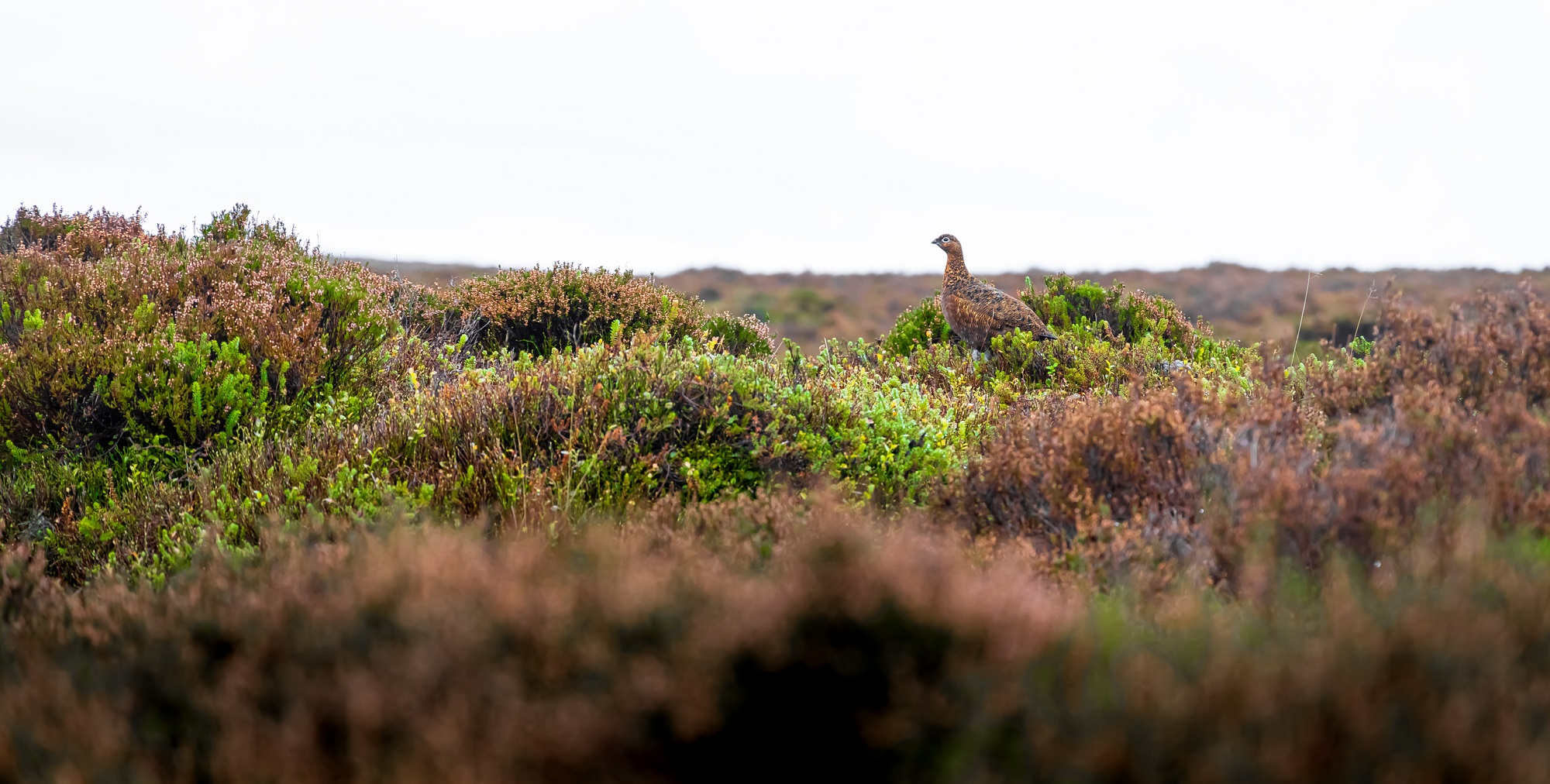How landowners can remain tax compliant during the grouse shooting season
To mark the start of the grouse shooting season (“The Glorious Twelfth”), here are our top tips to ensure that your business remains tax compliant.

VAT
The supply of sporting rights (which includes the provision of shooting) is normally standard rated for UK VAT purposes.
Generally speaking, businesses based in the UK are required to register for VAT where:
- Their total VAT taxable turnover for the last 12 months was over the VAT registration threshold (currently £85,000); or
- Where they expect their turnover to go over the registration threshold in the next 30 days.
This rule would ring true for landowners or shooting operators running a commercial enterprise with a view to making a profit. So, if your turnover is likely to breach the VAT threshold this August, then you may well be required to register for VAT.
If VAT registered, the business is entitled to recover VAT on qualifying costs associated with running the shooting operation. This is subject to the normal rules governing VAT recovery on costs.
Complexities can arise, however, when shoots are run on a non-business basis, such as private shoots and shooting syndicates. In such circumstances, it is important to review whether your shoot meets the definition of a non-business shoot for VAT purposes.
The effect of this, is that the supply of shooting on a non-business basis would no longer be standard rated. It’s also important to note that the business would not be entitled to recover VAT on associated running costs.
There can be a fine line between what is considered a commercial shooting operation and what is deemed to be a non-business activity. We therefore recommend that advice is taken at an early stage to ensure the correct VAT treatment is applied.
Beaters wages
Beaters and pickers-up are classified as employees, even though they may be used irregularly or only for a short period of time. Therefore, it is important that landowners and shooting operators are aware of the requirement to comply with the National Minimum Wage and National Living Wage for workers.
Detailed records of the working time of all workers must be kept in line with legal requirements.
There is some relaxation to the normal payroll rules for casual shoot staff, recognising that many workers do not exceed the tax or National Insurance thresholds during shoot season. These relaxations typically apply where the workers are not family members, do not work for more than two weeks in total, and do not undertake other work for the Estate.
Otherwise, wages paid to beaters and pickers-up should be paid through payroll and subject to PAYE and National Insurance deductions as normal. This ensures that real time reporting requirements are met.
Tips
It is customary for guns to pay tips directly to Estate staff at the end of a shooting day. Where tips are paid directly by customer to employee, the employer has no responsibility to process these through their payroll. Instead, the onus to declare tax is passed onto the employee themselves.
However, where guests pay tips to the Estate or shoot operator for distributing amongst the relevant staff, the gratuities are required to be processed through payroll. This is subject to Income Tax and National Insurance.
Tax on profits
Profits generated by landowners or shooting agents, operating through a sole trade or partnership structure, will be subject to Income Tax and National Insurance contributions (NICs) on their shooting profits.
Shooting profits generated by incorporated businesses will pay corporation tax on profits.
Get in touch
If you would like to discuss this further, please don’t hesitate to get in touch with myself, or a member of our Rural team.
